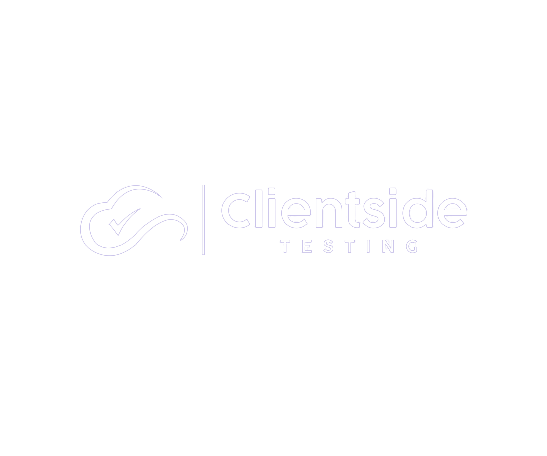Payroll Integration Testing.

Integrating external payroll solutions with your Workday ecosystem is a complex endeavour that requires meticulous planning, testing and execution. Whether it’s Dayforce, ADP, BrightPay or Cintra, being adopted to ensure accurate and timely processing of employee compensation, successful integration with Workday is imperative. In this blog, we explore the significance of payroll integration testing within the Workday ecosystem and why it is indispensable for organisations striving for seamless payroll operations.
Understanding Payroll Integration in Workday:
Payroll integration in Workday involves the seamless synchronisation of employee data, timekeeping records, and compensation details with external payroll providers or internal payroll systems. This integration ensures that payroll calculations are accurate, compliance requirements are met, and employees are compensated correctly and on time.
Importance of Payroll Integration Testing:
- Accuracy and Compliance:
Payroll Integration Testing verifies the accuracy of data transfer between Workday and the payroll system. It ensures that employee information, such as hours worked, deductions, and taxes, is accurately transmitted and reflected in the payroll calculations. Compliance with regulatory requirements, such as tax laws and labor regulations, is also validated during testing to mitigate risks of non-compliance and potential legal implications.
- Data Integrity:
Payroll Integration Testing assesses the integrity of data exchanged between Workday and the payroll system. It validates the consistency and completeness of data fields, ensuring that all necessary information is transmitted accurately without loss or corruption. This helps prevent discrepancies in payroll calculations and ensures data accuracy for financial reporting purposes.
- System Compatibility:
Workday integrates with various external payroll systems, each with its own specifications and configurations. Payroll Integration Testing ensures compatibility between Workday and the target payroll system, verifying that data formats, protocols, and transmission methods align seamlessly. Compatibility testing helps identify and address any interoperability issues to ensure smooth data exchange between systems.
- Error Detection and Resolution:
During Payroll Integration Testing, potential errors or discrepancies in data transmission are identified and addressed proactively. This includes validation of data mappings, error handling mechanisms, and reconciliation processes between Workday and the payroll system. Timely detection and resolution of errors minimise disruptions to payroll operations and prevent inaccuracies in employee compensation.
- Performance and Scalability:
Payroll integration Testing evaluates the performance and scalability of the integration process, especially in scenarios involving large volumes of employee data or complex payroll structures. Performance testing ensures that data transmission and processing occur within acceptable timeframes, while scalability testing assesses the system’s ability to handle growing data volumes and transaction loads.
Conclusion:
In conclusion, Payroll Integration Testing is a critical component of Workday implementation that ensures the accuracy, integrity, and compliance of payroll operations. By validating data accuracy, system compatibility, error handling mechanisms, and performance scalability, organisations can mitigate risks, streamline payroll processes, and enhance employee satisfaction. As organisations continue to leverage Workday for their HCM needs, prioritising comprehensive payroll integration testing is essential for achieving seamless payroll operations and ensuring compliance with regulatory requirements.






